The future of sustainability looks promising with the introduction of all around multi-hyphenate Jaden Smith and Sebastian Manes’ (entrepreneur and Executive Buying and Merchandising Director at Selfridges) luggage brand, Harper Collective — a pioneering creation that stays true to the art of sustainability with the utilization of sea plastic and post-consumer plastic in its composition. Spanning over the course of five years, the brand has, at last, put its vision to life with a carefully handcrafted range of products by artisans in the UK and by joining forces with Barbour (a renowned British heritage brand) to create luggage pieces with a harmonious blend between luxury and sustainability.
VMAN caught up with Smith to further discuss the exciting venture and take an inside look at the brand’s making.
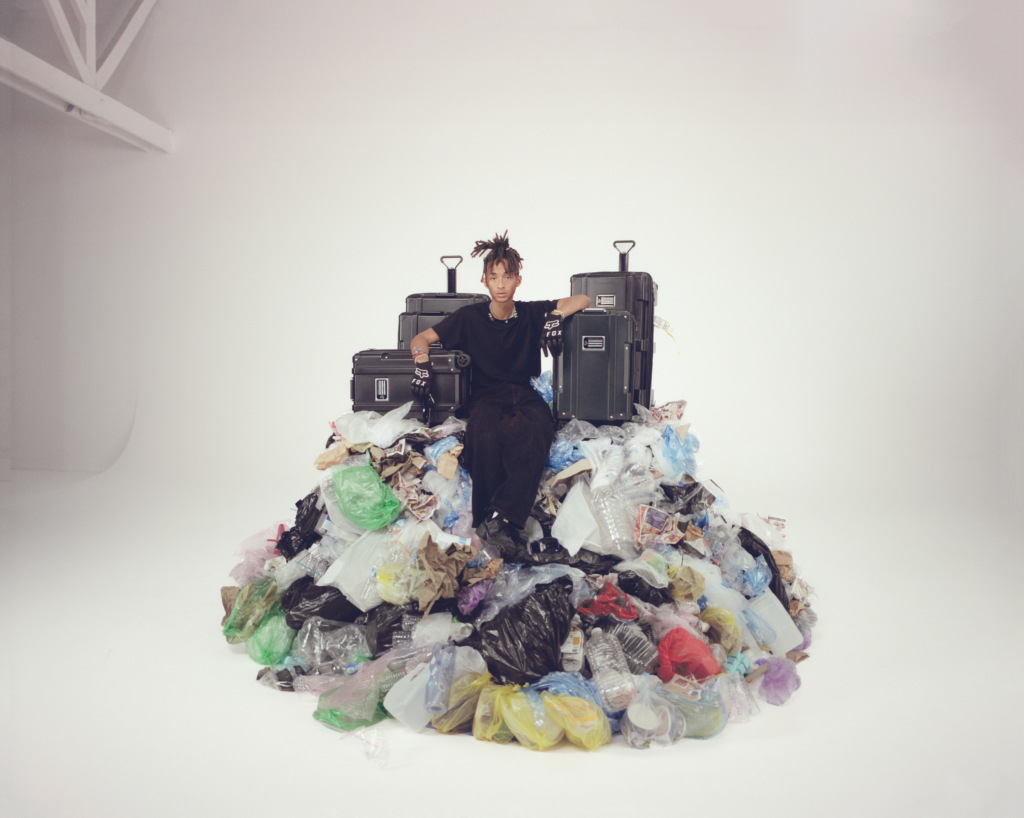
VMAN: How did the idea of Harper Collective come to life? Can you give us a brief insight into the backstory of how you met Sebastian Manes and what brought about the idea to forge this partnership?
Jaden Smith: Sebastian and I met when we were working together with MSFTSrep x Selfridges and felt like we saw eye to eye on a lot of things that pertained to sustainability, how we can change the world and the perceptions around sustainability. That’s how it started and when he told me he was working on something that had to do with recycled plastic and he wanted me to be a part of it I was immediately interested.
VM: Why was the notion of sustainability within Harper Collective’s piece something that you wanted to highlight?
JS: Not only is it something that I wanted to highlight, but it is kind of the reason why the company exists. We are existing to get people more sustainable options in the fashion industry that aren’t readily available. We want to highlight that because that is the reason the company exists.
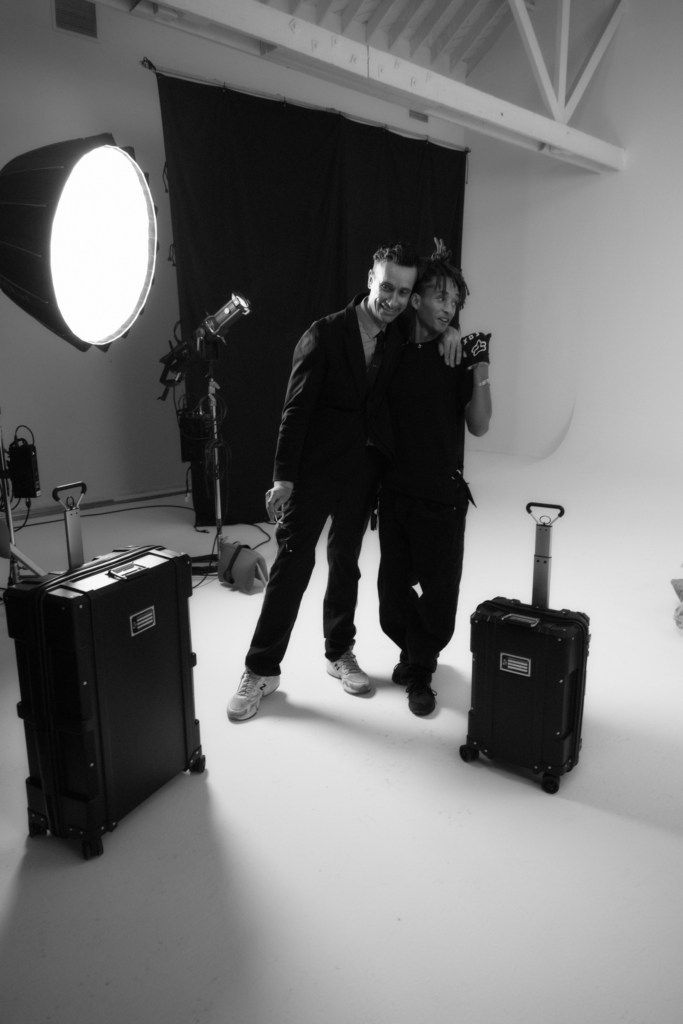
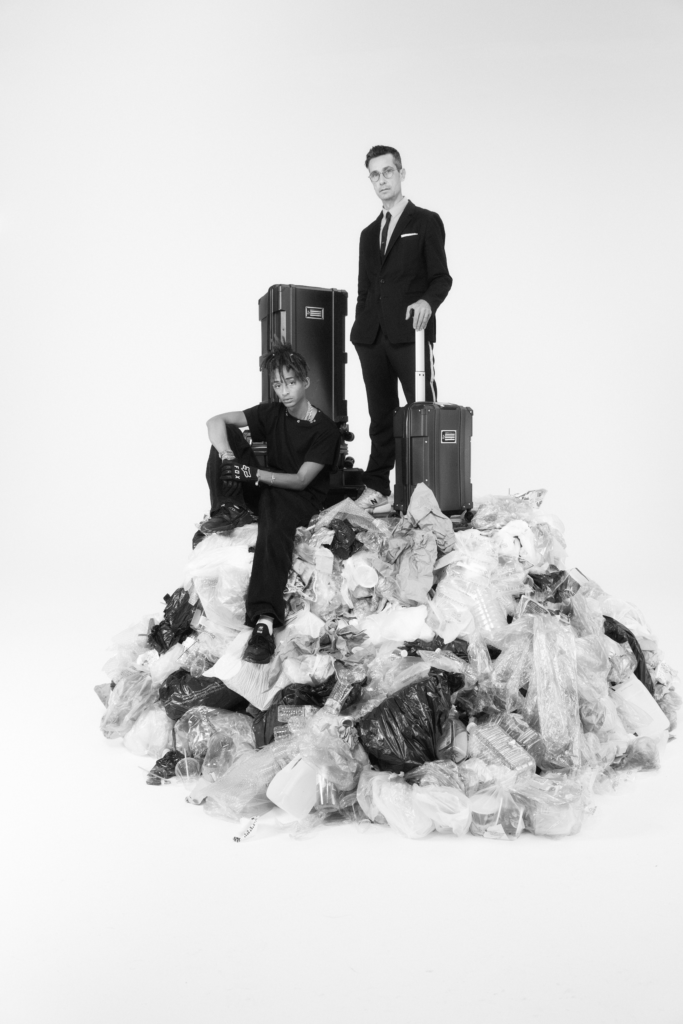
VM: With the combination of sea plastic and post-consumer plastic as the material for the luggage, how involved did you want to be in the production and sourcing process of the sustainable materials utilized? What is it about the production process that ensures that everything goes in accordance with being ethically sound to your vision?
JS: I wanted to be really involved from the beginning because my first involvement in the company was actually going down to the factory and talking with everyone about the process of how things were made and why it was so revolutionary. I can truly say the factory where this is being produced is a revolutionary place and more factories in the world need to exist like this. These factories also deserve to have a light shined on them.
VM: Aside from the sustainability aspect of the luggage, what are some differentiating factors that help distinguish the brand’s uniqueness within the market?
JS: Sustainability as a goal is already unique in this market because what you have to do to make a product sustainable is to really change so much about it and its fine details. There’s quite literally no cutting any corners so every step of the current process and Sebastian’s hard work developing this before I was involved in the company makes it very unique because all choices you make are so different when you have sustainability at the center of it.
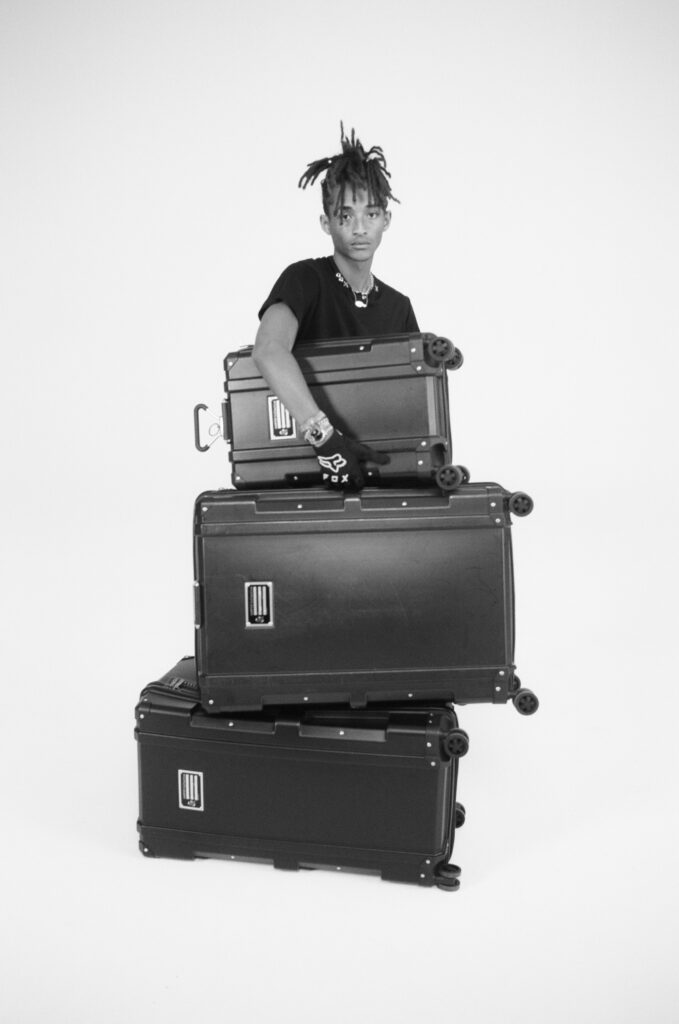
VM: In partnership with the established British brand Barbour, what piqued your incentive to partner up with the brand at the debut of Harper Collective for the lining of the pieces?
JS: I feel like Sebastian has a close connection with a number of people at the brand and so it made it a no-brainer. We all believe in sustainability and making a difference in the world so it felt like the right choice to work together on this and make the world a better place.
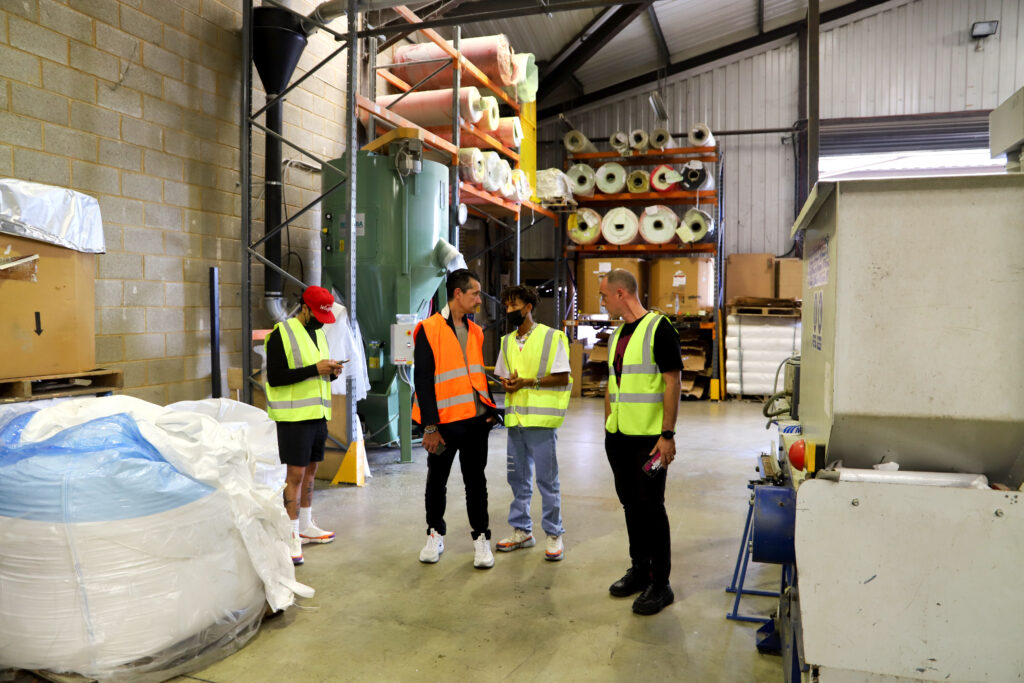
VM: With the soon-to-be-launched luggage range, where are you hoping to take the future of Harper Collective? What is the overarching goal for the brand and its impact on world travelers?
JS: Harper is a luggage brand but really a lifestyle brand and I think we will always be looking for new and innovative ways that we can make our mark with sustainability on this global platform.
Discover More






